The Nigerian security landscape faces a significant shake-up following the resignations of two of the longest-serving intelligence chiefs, Mr. Ahmed Rufai Abubakar, Director-General of the National Intelligence Agency (NIA), and Mr. Y. M. Bichi, Director-General of the Department of State Services (DSS). The duo, who cited personal and family reasons for stepping down, were among the last service chiefs from the previous administration to remain in office under President Bola Tinubu.
Abubakar and Bichi, both appointed in 2018, held critical roles in Nigeria’s security architecture, with Bichi overseeing domestic intelligence through the DSS and Abubakar managing foreign intelligence and counter-intelligence operations via the NIA. Their combined tenure marked a period of continuity in Nigeria’s intelligence community, even as the nation grappled with escalating security challenges.
In their place, President Tinubu has appointed Ambassador Mohammed Mohammed as the new NIA Director-General and Adeola Ajayi as the new DSS boss. These appointments come at a crucial time, as Nigeria faces heightened internal security threats, compounded by instability in neighboring West African countries like Niger, Burkina Faso, and Chad.
Ambassador Mohammed, a seasoned diplomat with over two decades of experience, has served in various critical international postings, including in North Korea, Pakistan, Sudan, and Libya. His extensive background in foreign affairs positions him well to address the growing external threats that Nigeria faces, particularly from its increasingly volatile neighbors.
Meanwhile, Adeola Ajayi, who has risen through the ranks of the DSS with postings in Bauchi, Enugu, Bayelsa, Rivers, and Kogi states, is expected to bring a fresh perspective to domestic security operations. With terrorists, bandits, kidnappers, and insurgents still wreaking havoc across several regions of Nigeria, Ajayi’s task is formidable. His success will depend on introducing innovative strategies to combat these threats and restoring public confidence in the country’s security apparatus.
As both Mohammed and Ajayi assume their new roles, the weight of Nigeria’s security challenges rests heavily on their shoulders. With expectations high, they must act swiftly and decisively to curb the escalating insecurity that threatens the nation’s stability.

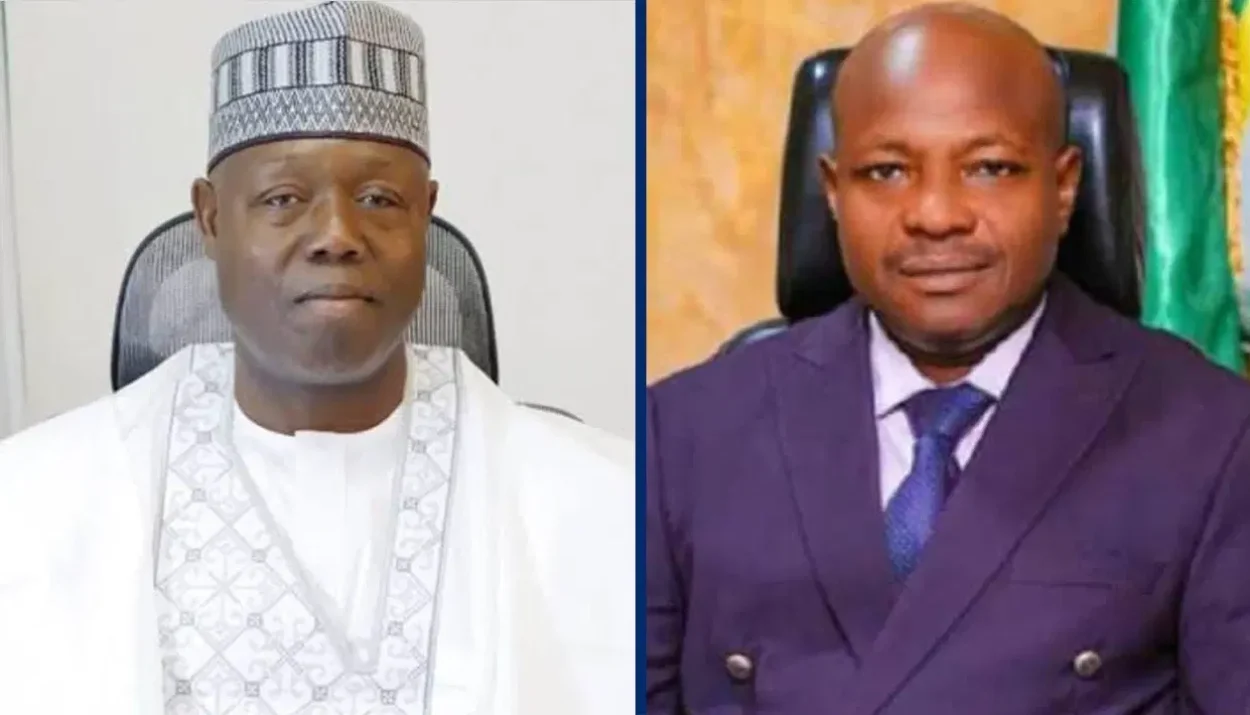

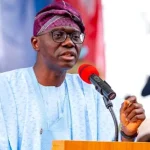
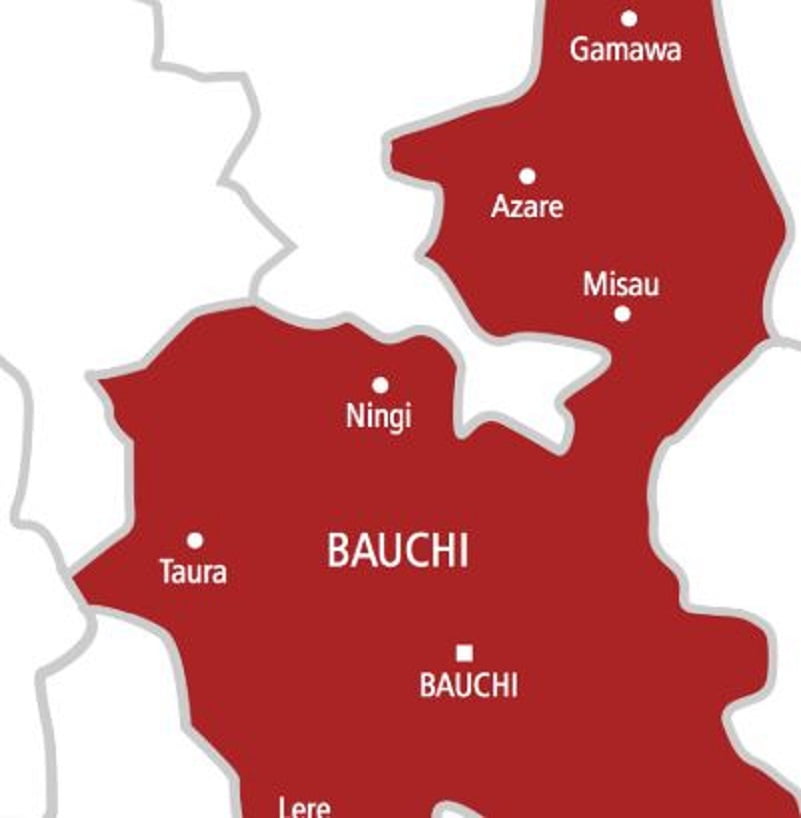
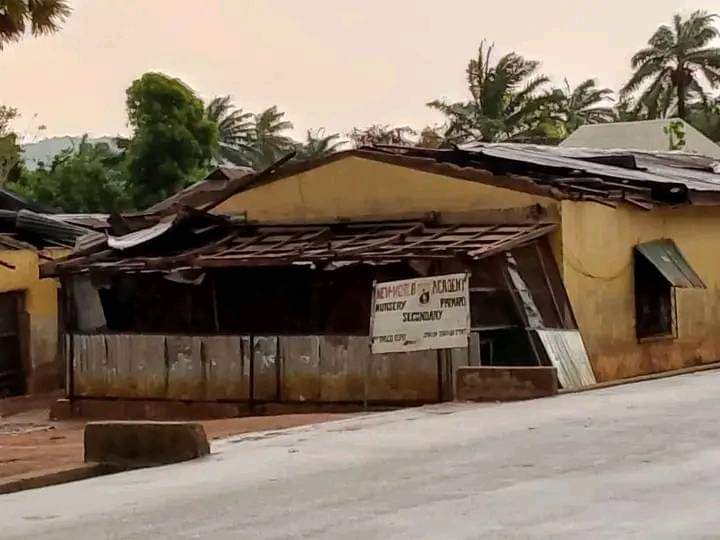
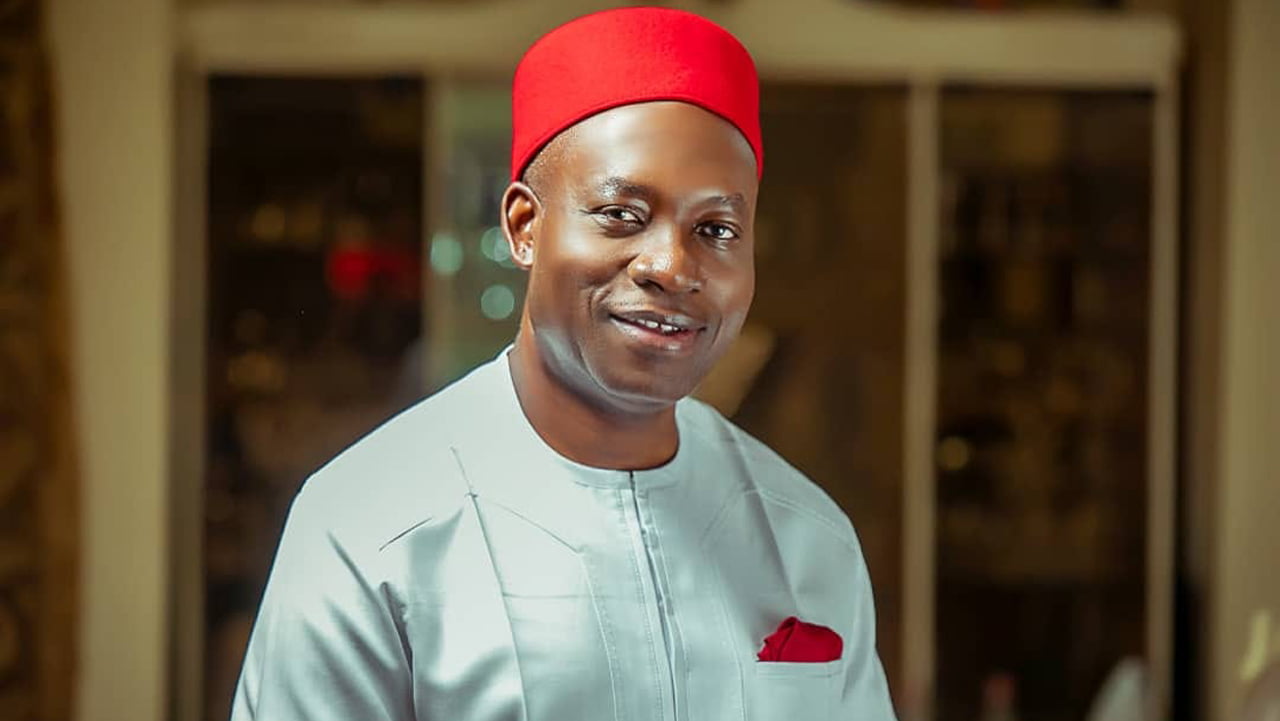
2 Comments